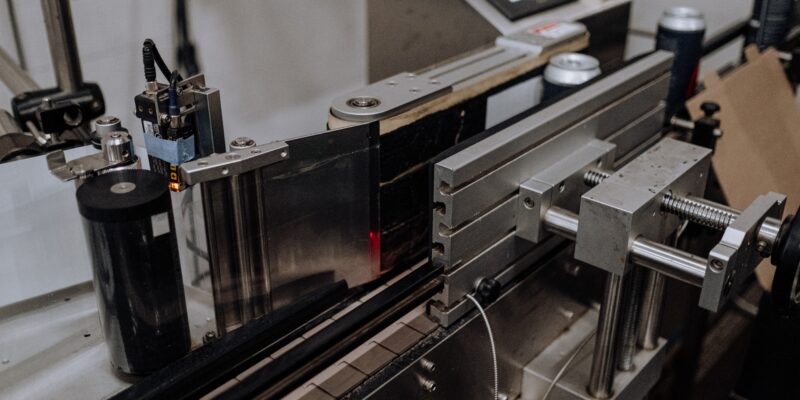In the world of business, companies are constantly looking for ways to streamline their operations and improve efficiency. One of the latest trends in this area is the rise of robotic process automation (RPA), which is quickly becoming a game changer for many industries. In this article, we will explore what RPA is, how it is being used in the workplace, and how it is changing the face of business as we know it.
Defining Robotic Process Automation
Robotic process automation, or RPA, is a type of software that uses artificial intelligence to perform repetitive, rules-based tasks without human intervention. It essentially takes over mundane and repetitive work, freeing up employees to focus on more strategic and creative tasks.
RPA can be used to automate a wide variety of tasks, from data entry to report generation to customer service interactions. By automating these tasks, companies can reduce human error, decrease processing time, and increase productivity.
How RPA is Being Used in the Workplace
RPA is being used in a variety of industries to automate tasks that were once performed by human workers. Let’s take a look at a few examples of how RPA is being used in the workplace:
1. Finance and Accounting
The finance and accounting industry has been one of the early adopters of RPA. RPA is being used to automate tasks such as invoice processing, account reconciliation, and financial reporting. By automating these tasks, finance and accounting professionals can reduce the time spent on manual tasks and increase the accuracy of their work.
2. Healthcare
The healthcare industry is also starting to incorporate RPA into its operations. RPA is being used to automate tasks such as patient registration, claims processing, and appointment scheduling. By automating these tasks, healthcare professionals can focus on providing better patient care and improve the overall patient experience.
3. Manufacturing
The manufacturing industry is using RPA in a variety of ways, including automating tasks such as inventory management, supply chain logistics, and quality control. By automating these tasks, manufacturing professionals can reduce the time it takes to complete these tasks, reduce costs, and improve overall efficiency.
4. Human Resources
RPA is being used in the human resources industry to automate tasks such as employee onboarding, performance evaluations, and benefits administration. By automating these tasks, HR professionals can reduce the time it takes to complete these tasks and improve the overall employee experience.
The Benefits of RPA
So what are the benefits of using RPA in the workplace? Here are just a few:
1. Reduced Cost
One of the biggest benefits of RPA is that it can significantly reduce costs. By automating tasks that were once performed by human workers, companies can reduce labor costs and improve overall efficiency.
2. Improved Accuracy
RPA is incredibly accurate, which means that there is less room for error. By automating tasks such as data entry and invoice processing, companies can reduce the risk of errors and improve the accuracy of their work.
3. Increased Productivity
RPA can help to increase productivity by automating mundane, repetitive tasks that were once performed by human workers. By automating these tasks, employees can focus on more strategic and creative tasks, which can help to improve overall productivity.
RPA can be used to improve customer service by automating tasks such as customer inquiries and complaints. By automating these tasks, companies can respond to customer needs more quickly and efficiently, which can improve the overall customer experience.
The Future of RPA
So what does the future hold for RPA? It’s likely that we will see even more industries incorporating RPA into their operations in the coming years. As the technology continues to evolve and become more sophisticated, we can expect to see even more tasks being automated.
One area where we may see significant growth in RPA is in the field of artificial intelligence. As AI technology continues to improve, we can expect to see even more tasks being automated using RPA.
Conclusion
Robotic process automation is quickly becoming a game changer for many industries. By automating repetitive, rules-based tasks, RPA is helping to reduce costs, improve accuracy, increase productivity, and provide better customer service. As the technology continues to evolve, we can expect to see even more tasks being automated using RPA. Whether you’re in finance and accounting, healthcare, manufacturing, or any other industry, RPA is sure to have a significant impact on the way you do business.











